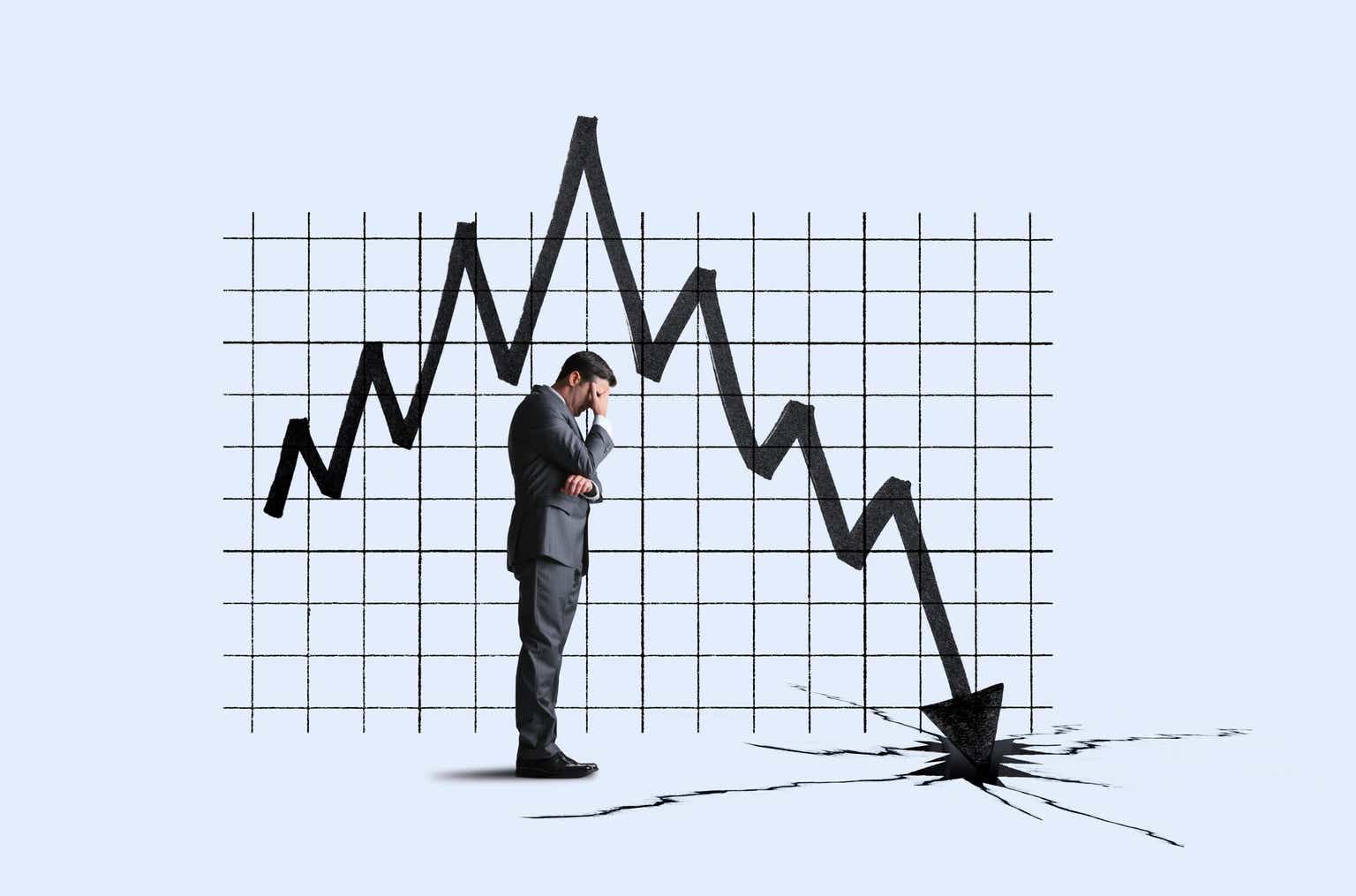In these times, double down — on your skills, on your knowledge, on you. Join us Aug. 8-10 at Inman Connect Las Vegas to lean into the shift and learn from the best. Get your ticket now for the best price.
If there’s one state that has emerged victorious from the last several years, it’s Texas.
Even before the pandemic, Texas had the fastest-growing population in the U.S., and that trend only accelerated when remote work spread during the COVID years. By the beginning of 2023, data showed that Texas was welcoming more newcomers than anywhere else in the country.
Which is to say, Texas is a popular place.
And now, a new proposal could potentially make the Lone Star State more popular than ever before.
That’s because lawmakers in the state want to significantly trim property taxes — with Gov. Greg Abbott tweeting Tuesday that “Texans want to own their property, not rent it from the government.”
“My property tax plan puts Texans on the pathway to ELIMINATING property taxes,” Abbott added in the tweet.
Texans want to own their property, not rent it from the government.
My property tax plan puts Texans on the pathway to ELIMINATING property taxes.
That starts with passing my plan to provide the largest property tax cut in Texas history. pic.twitter.com/zNwaV6Ogb5
— Greg Abbott (@GregAbbott_TX) June 5, 2023
The comments come amid dueling tax cut proposals from Abbott and Texas Lt. Gov. Dan Patrick. The duel is centered on what to do with the $17.6 billion that lawmakers previously set aside for tax cuts. Some of that money has already been allocated, but $12.3 billion remains in play and available for lawmakers to use as they see fit.
Abbott and Texas’ House of Representatives want to use the money to compress school tax rates, according to the Houston Chronicle. They’d then replace schools’ lost tax revenue with state funds. The Chronicle has described this plan as “buying down” the property taxes homeowners pay to fund schools.
Meanwhile, Patrick and Texas’ Senate want to use some of the money to increase the state’s “homestead exemption,” which lets homeowners reduce the taxable value of their houses, the Chronicle reported. Right now, the homestead exemption is set at $40,000 but the Senate wants to increase the amount to $100,000. Patrick’s plan also includes compressing the tax rates that fund schools but to a lesser degree than Abbott would like.
Both sides claim their approach is the key to lasting property tax cuts, the Chronicle has noted. The two sides are also currently at an impasse and it remains to be seen what exactly might happen.
Whatever takes place though, it’s clear that intra-party fighting notwithstanding leaders across the board in the state want to significantly reduce Texas’ property taxes. And that could have a significant impact on how attractive the state looks to would-be homeowners.
That’s because a big part of Texas’ appeal to homeowners is the relative affordability of its dwellings. According to Zillow, for instance, the current average home value in the state is $298,325. Meanwhile in California — the state that lost the most residents in 2022 — the average home value is $728,121.
City by city, the average home value in Houston is $262,337, according to Zillow. In Los Angeles, it’s $728,121. Houston and Los Angeles are the largest cities in their respective states.
Such numbers provide a compelling reason for residents of expensive states such as California, New York and New Jersey to look seriously at relocating to Texas. And indeed, that’s exactly what has been happening in recent years, with the U.S. Census Bureau reporting that between 2000 and 2022 Texas gained more than 9 million new residents. Those gains were millions larger than any other state. And about 29 percent of the population increase came from domestic migration, the Census Bureau reported.
Credit: U.S. Census Bureau
However, at the same time Texas’ property taxes — which in addition to schools pay for things like local safety departments and infrastructure — cancel out some of the state’s relative affordability advantages: According to Rocket Mortgage, Texas has the seventh-highest property taxes in the country above expensive places such as California and New York. That means consumers could theoretically relocate to Texas but still end up with comparable, or in some cases higher, monthly home payments due to the higher property tax burden.
Many consumers have taken to social media to express their shock at the Lone Star State’s property taxes. The video below, for example, comes from a woman who relocated to Texas from Colorado and ended up having to pay $9,000 in taxes on a home that cost less than $300,000. She then says she sold that property and built a new house — and ended up with a $15,000 tax bill.
“When you think about moving to Texas and you’re thinking about how cheap the houses are and you want to buy a house, just think about how high our tax rate is compared to anywhere else,” she concludes.
@teamsmith2011 Don’t buy a house in Texas unless you enjoy high property taxes 😩. #greenscreen #dallas #propertytaxes #fyp #fypシ #texas #house #homeowner #funny #ihateithere
♬ original sound – TheGroup
The video is part of a genre of social media posts that has grown in popularity in recent years — particularly during the pandemic — and which suggests that thanks to taxes, Texas may not be quite as affordable as many observers believe.
More broadly, recent weeks have seen an avalanche of Texas homeowners taking to social media to lament their high, and rising, property taxes. In one such video, a man shows a screen shot of his more than $16,000 tax bill, as he concludes that “this is why Texas property taxes fucking suck.”
@benbuyshouses Insane Texas property taxes#greenscreen #hoopsathome #realestate #taxes #biggerpockets #realestateinvesting #petvlog #wholesalinghouses #texas #fyp #x
♬ Toosie Slide – Drake
Platforms such as TikTok are filled with other similar videos. The takeaway is that Texans not only pay more in property taxes than most other Americans, but they’re very much aware of and bothered by that burden.
In that context, the dueling proposals from Abbott, Patrick and Texas’ two legislative chambers matter because they could ultimately tackle one of the biggest downsides for new Texas homeowners.
How a resolution looks is still up in the air, and lawmakers in the state have entered in a special legislative session to figure it out. Local media such as the Texas Tribune have also characterized the conflict between Abbott and Patrick as a clash between two of the state’s biggest egos — suggesting it may take some time to resolve.
But when a resolution does materialize, and if property taxes in Texas do go down — or as Abbott has suggested, are eventually eliminated — the state would presumably become even more attractive to people in other parts of the country.
Texas, in other words, may keep on winning the competition for new residents.
Email Jim Dalrymple II
















